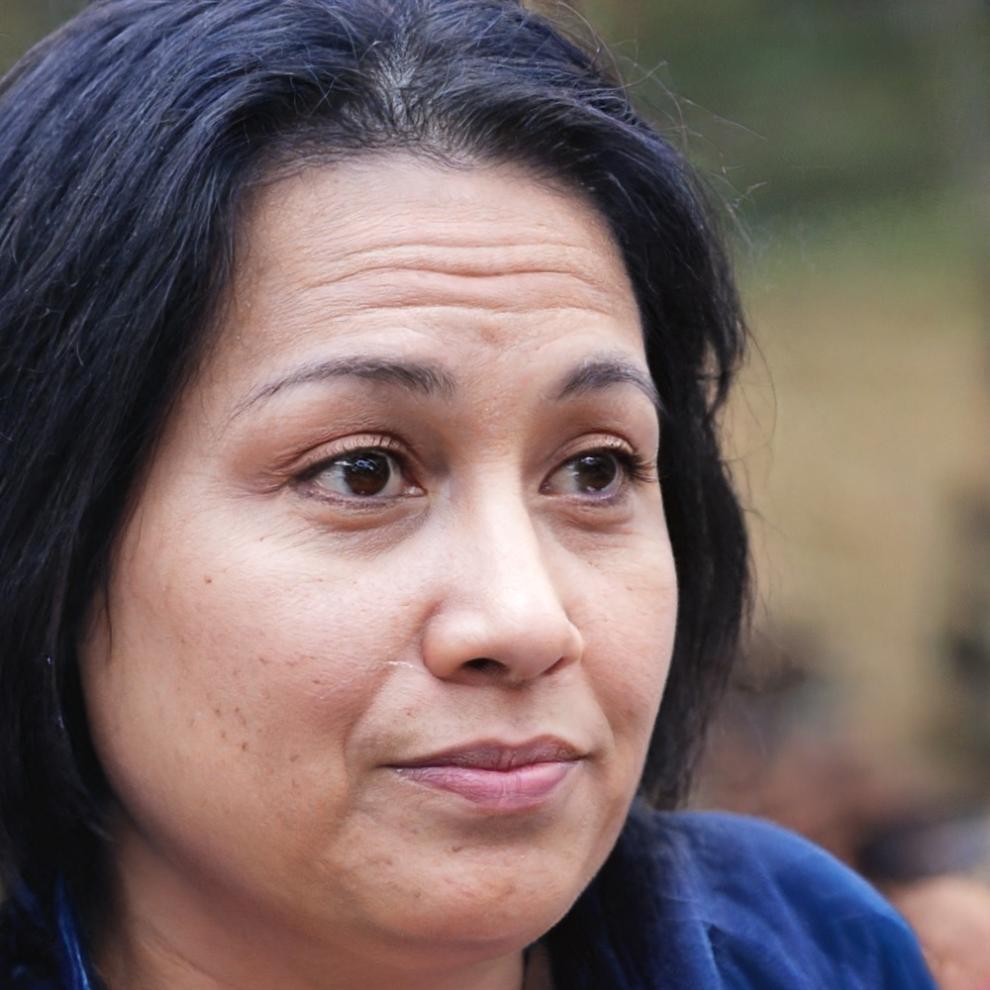Starting with Supply Chain Focus
Our first program concentrated on manufacturing applications in northern Taiwan. Twelve participants from electronics companies spent six weeks learning to evaluate blockchain use cases. About half identified projects worth pursuing, which felt like a win after so many theoretical discussions that led nowhere.



